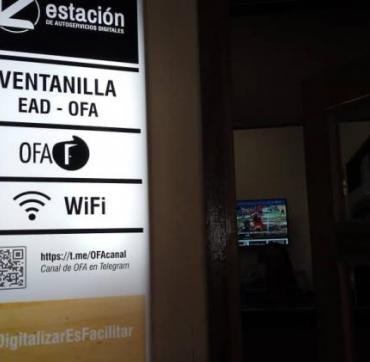The Platt Amendment among the first lessons learned
especiales

The Platt Amendment, an invention forced into the first Cuban Republican Constitution, was approved on June 12, 1901 after a U.S. military intervention thwarted the dreams of independence of the patriotic islanders and went down in history as revealing of the true intentions of the northern power that waited with some patience and many tricks for the "ripe fruit" to fall into their hands.
The use of force became manifest in the February 1898 blowing up of the battleship Maine in the harbor of Havana and the deployment of the so-called Spanish-Cuban-American War, two timely and precise surgical operations designed to achieve one of the U.S. plans for the continent. Suffice it to remember the messianic thought of "America for the Americans" cherished by the heroes of the Union.
Spain was crushed in Cuba after a U.S. naval siege imposed as the mambi fighters painfully saw their impeding victory snatched out of their hands and their soil trampled by foreign troops who denied them rights and decision-making power in everything they had earned with honor and courage after fighting for 30 years.
However, the end of Spanish rule, officially derived from the infamous Treaty of Paris—which was oblivious to the Cuban patriotic belligerence—did not mark the end of the U.S. intervention: interference and force were used, in spite of the fact that President William McKinley had signed a Joint Resolution on April 20, 1898, in which he declared: "...that the people of the island of Cuba are and of right ought to be free and independent". It was by no means an act of good neighborly solidarity.
In 1900, Leonard Wood, military governor and Major General of the Army, issued the Order decreeing elections to create the Constituent Assembly that would take office that year and draft the Magna Carta. When he asked the Cubans for their opinion on the relations they wished to maintain with the U.S., he was resorting to a cunning trick that only convinced his cronies and enraged the Cuban people, but his ruse paved the way for the definition of bilateral political relations by a commission established in February 1901.
The advantages provided by the occupation and the U.S.’s formidable industrial and military power led to the notorious imposition of the Platt Amendment, a sort of apparently civilian sanction of what in reality was an outrageous attack on and curtailment of Cuban sovereignty.
It is worth mentioning that the consummation of this affront to national dignity also faced opposition despite the disproportionate difference between the contenders. There were protests by outstanding patriots, disagreements, brave stances against the document, and the dispatch of a commission to the United States.
The mambi General Manuel Sanguily, a renowned and brilliant Cuban intellectual, and the distinguished Juan Gualberto Gómez, the Apostle's confidant in the organization of the War of 95, were among the most resolved champions of the rights and dignity of a people and a revolutionary cause torpedoed by a foreign military occupation. No one who felt patriotic could admit relations that embodied, as did the Platt Amendment, the right of the U.S. to purchase and own land for naval stations.
The Cubans in the Constituent Assembly were unequivocally ordered to approve it in its entirety without any clarification or change, or else they would have neither a Constitution nor a Republic. As brutal as that.
Those who voted in favor of the Amendment on June 12, 1901 in a secret session of the Constituent Assembly did so to make it an appendix to the Constitution of the Republic approved on February 21.
In a confidential letter to Theodore Roosevelt, Leonard Wood wrote:
"There is, of course, little or no independence left Cuba under the Platt Amendment and the only consistent thing to do now is to seek annexation (...) With the control which we have over Cuba, a control which will soon undoubtedly become possession, we shall soon practically control the sugar trade of the world. (…) Cuba will gradually become Americanized, and we shall have in time one of the richest and most desirable possessions in the world..."
In 1934 the appendix to the Constitution was abolished just for reasons that suited U.S. policy at the time. Cuba had been shaken by a strong revolutionary wave strongly felt throughout.
Even today, when Cubans shook off the yoke and became free after 1959, the shameful Platt Amendment has fallout. The territory illegally occupied by the naval base at Guantanamo has not been returned and is one of the points raised by Cuba for the normalization of relations with Washington.
The place has been arrogantly used for execrable purposes in recent times: a prison and torture center for prisoners who have remained for years in a legal limbo. The claims of this heroic country keep defining our political will, and rightly so.














Add new comment